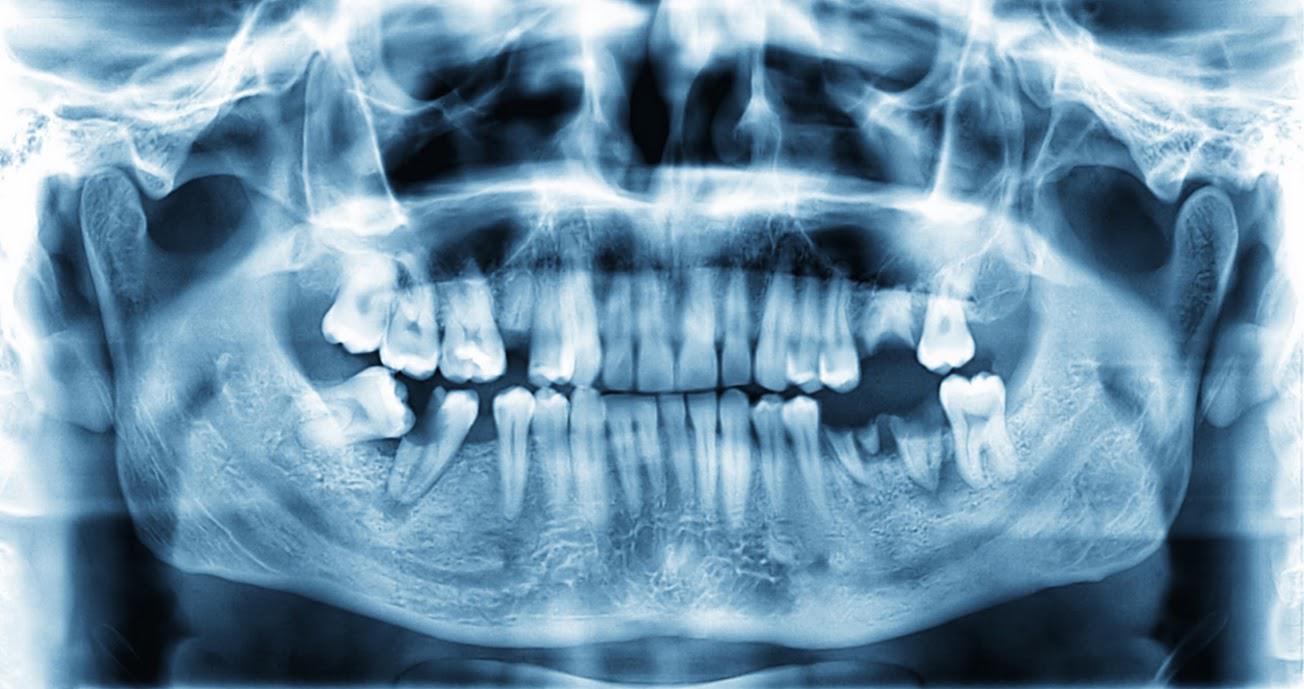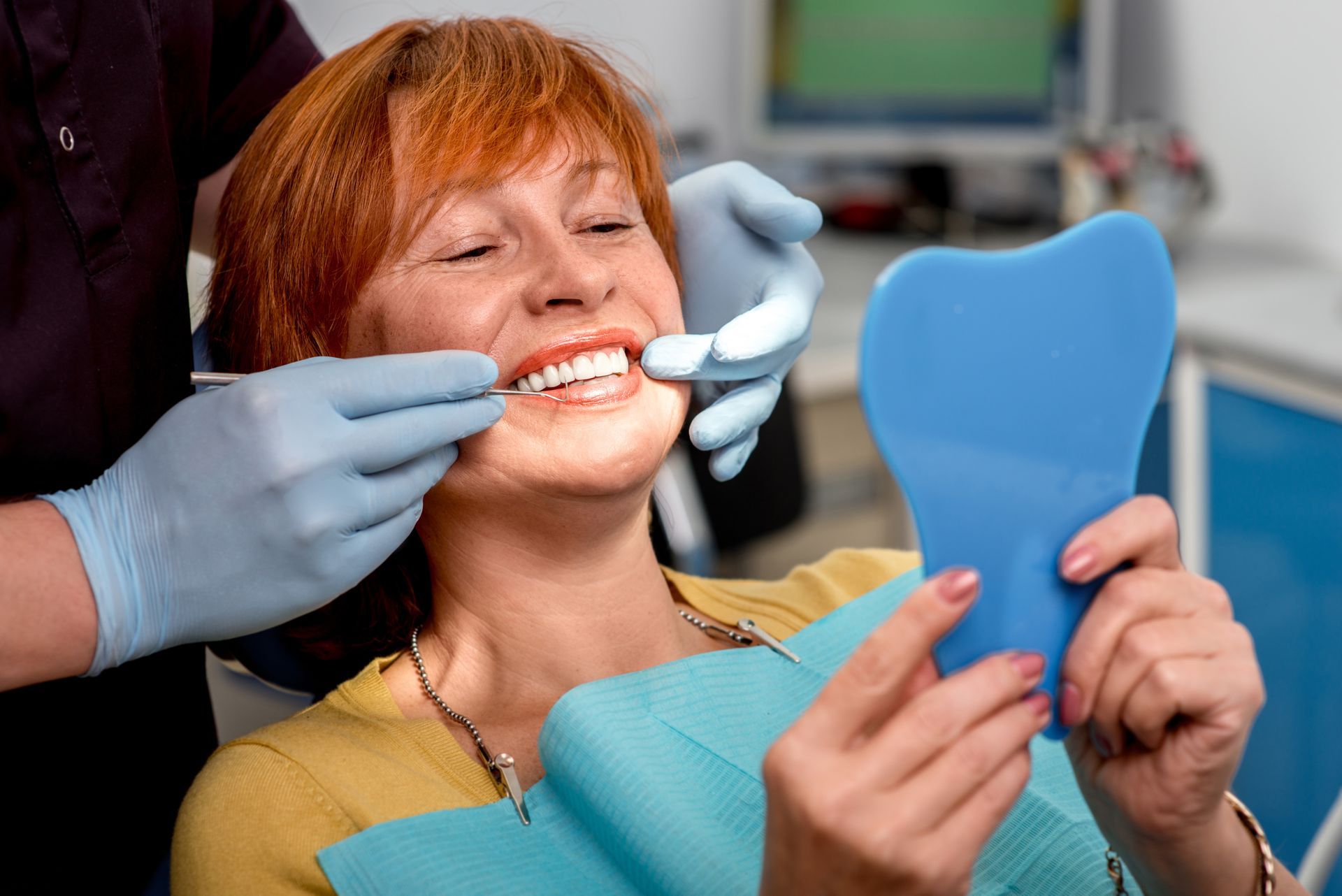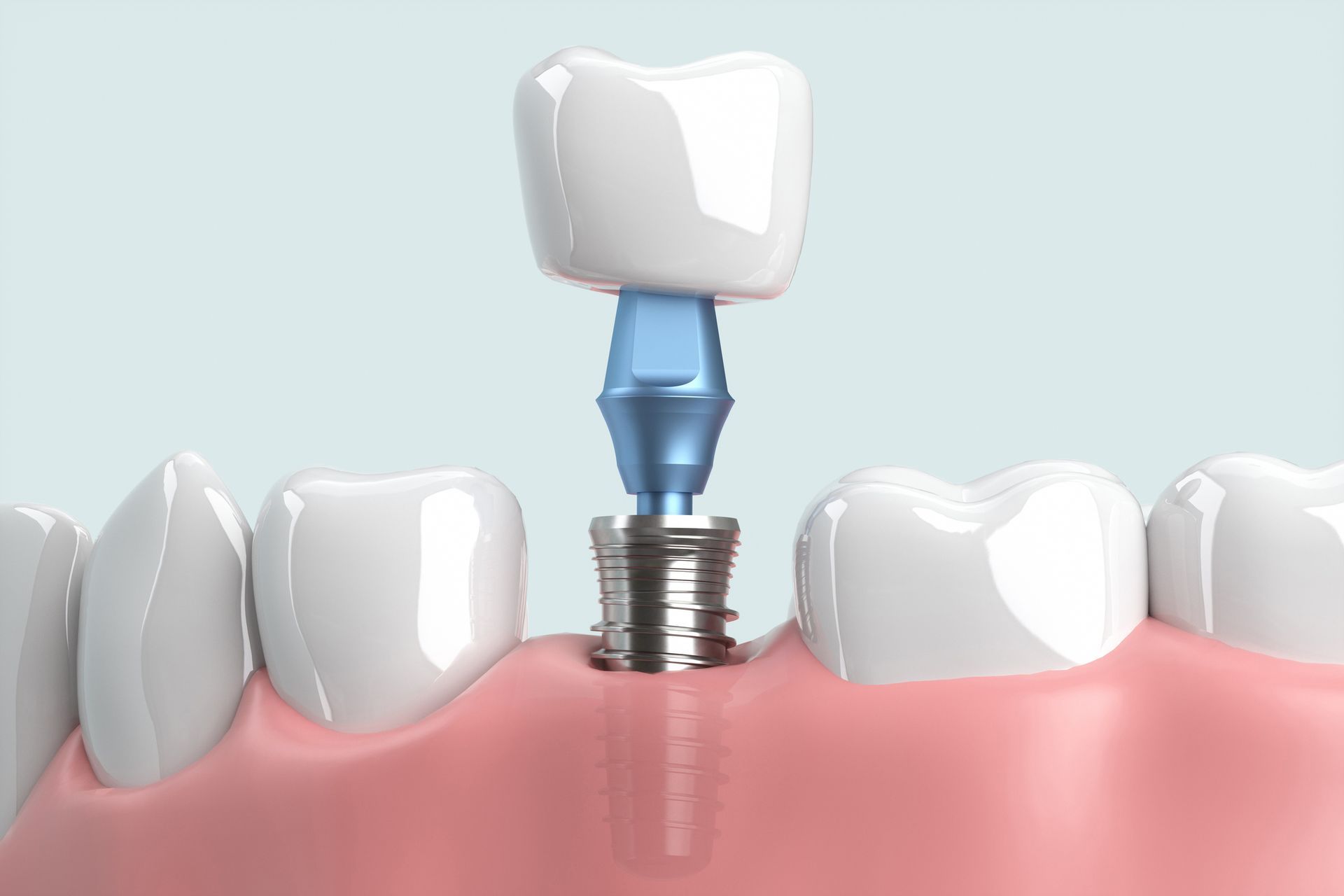4 COMMON RISK FACTORS OF TOOTH LOSS
- By Admin
- •
- 16 Sep, 2019

Most adults don’t want to lose a tooth, but it is incredibly common because so many factors increase the chance of tooth loss. For the most part, the biggest risk factors cause gum disease, which leads to tooth loss. If you want to learn more about the risk factors of tooth loss to protect your oral health, keep reading.
1. Poor Oral Hygiene
Poor oral hygiene, such as not brushing, flossing, or visiting the dentist on a regular basis, can lead to major tooth decay since bacteria feeds on plaque. The byproduct of this plaque meal is acid, which erodes enamel. That erosion actually isn't the worst consequence of poor oral hygiene; even if you do get cavities, the dentist can easily restore them with fillings.
The biggest consequence is to your gums. Plaque and tartar alone can irritate the gums, but so can too much bacteria or acid. Eventually, the gums become infected, a condition known as gingivitis. If the condition is left untreated, it can ultimately destroy the jawbone so it can no longer support your teeth.
2. Smoking and Drinking
Smoking has widespread consequences on your entire body, and your mouth is no different. Smoking increases the risk of gum disease because smoking lowers blood flow to the gums, which increases healing time. At the same time, smoking weakens your immune system as well so it can't fight the bacteria in your mouth, which allows the bacteria to take over.
As for drinking, one or two drinks now and then won't ruin your teeth, but if you are a binge drinker or drink on a daily basis, you risk tooth loss. Again, this is because alcohol irritates the gums and impacts your immune system and healing ability.
3. Uncontrolled Diabetes
If your diabetes is under control, it may not affect your oral health at all or only in minor ways. However, if you don’t eat or take your insulin properly, the excess blood sugar can destroy your oral health. First, you may have dry mouth, which prevents your saliva from naturally washing away plaque.
Second, uncontrolled diabetes slows the healing process. Therefore, if you do get a wound or infection, instead of healing, it may worsen and spread, which leads to several affected teeth. Last, because of the irritation and the poor healing/immune system, diabetes also increases your risk of gum disease.
4. Genetics
In most cases, you can eliminate nearly every risk factor of tooth loss. Unfortunately, you can't change your genetics, and many oral-related conditions run in families. First, because of the gene beta-defensin 1, tooth decay on permanent teeth may be more common in your family. However, even if you do have a certain gene mutation that causes more decay, you can protect your teeth with great oral care.
Cleft lip or cleft palate also runs in families and can affect how your mouth forms during development. Those with cleft lips or cleft palates may be missing teeth due to the missing portion of palate.
Finally, misaligned teeth is also genetic. Crooked teeth increase your risk of tooth loss if they are hard to clean fully. If your mouth is overcrowded, the dentist may even have to remove some teeth before braces.
While there are some instances in which you can't prevent a risk factor for tooth loss, for the most part, good oral and overall health can ensure your jawbone, gums, and teeth stay healthy and strong for a long time. If you would like to know more about tooth loss or gingivitis, or if you need to discuss tooth-replacement options, contact us at Bradley Piotrowski, DDS, MSD, LLC, today.













